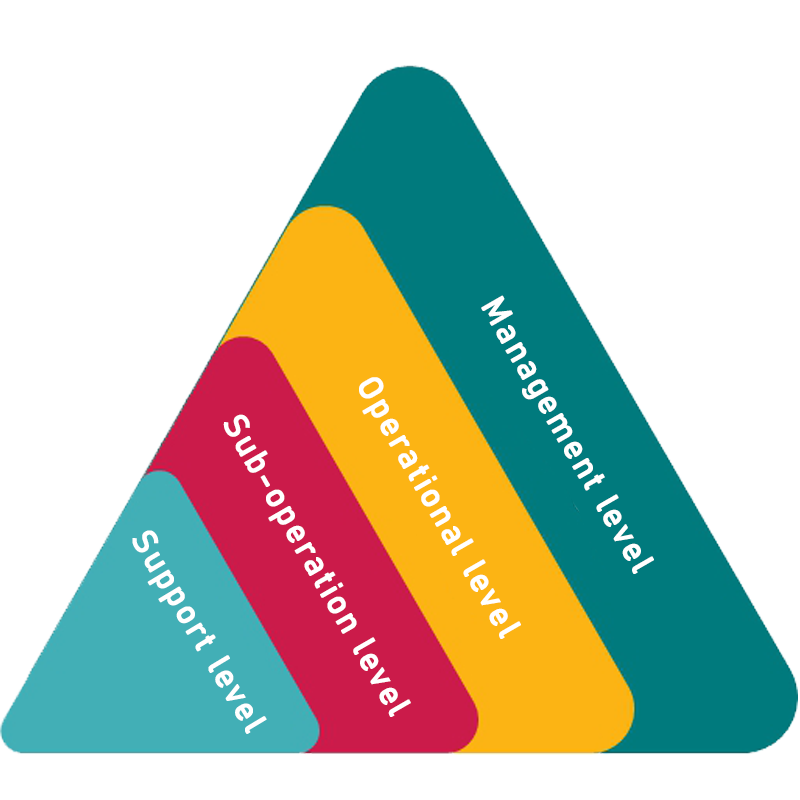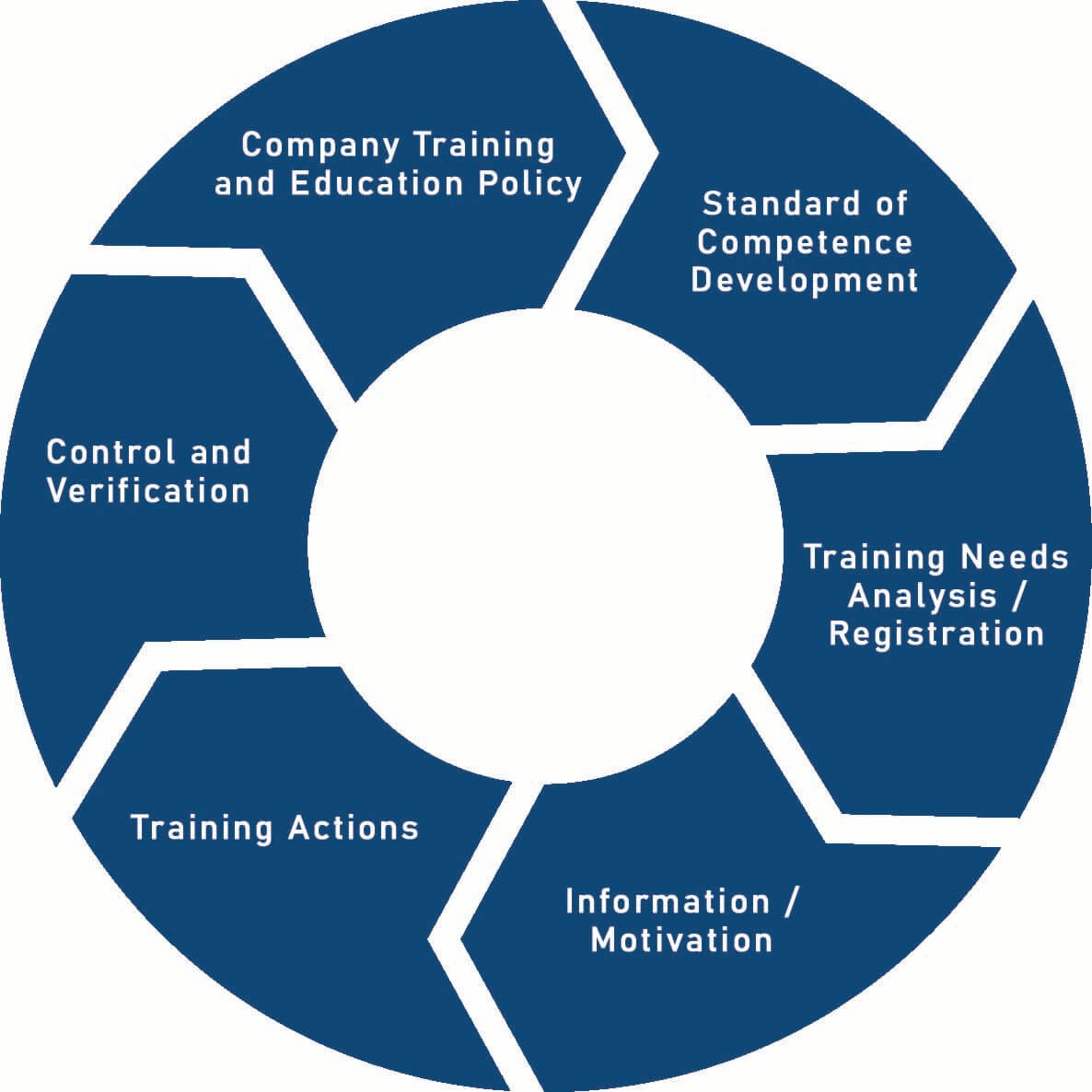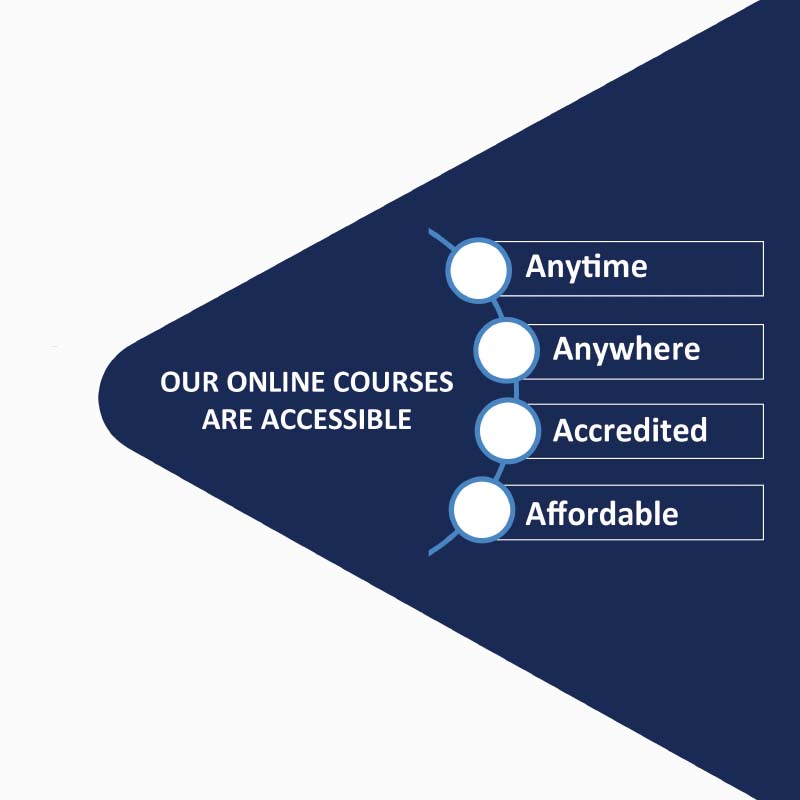Organizational Training
Compliance with the STCW, MARPOL, SOLAS and the MLC, the four 'pillars' of maritime safety legislation, is mandatory. According to the ISM Code the Company/ship should have procedures for the provisions of training in support of the Safety Management System (SMS).
A flag state will exercise control by regulating the certification process, the training and education of seafarers, and by assessing the competence of seafarers prior to certification.
A port state exercises control by inspecting ships calling at their ports. The convention requires port state authorities to inspect ship calling at any of their ports and inspectors are authorized to verify that seafarers’ certificates for the functions they perform, the manning level requirements, and the seafarers are competent in their watchkeeping, safety, and pollution prevention duties. If there is a reason to believe that standards are not being maintained, the inspector is entitled to assess the ability of seafarers to maintain watch-keeping standards.
Training Objectives of different groups

One should identify different groups before training. It is known that there are three levels of seafarers stated in the STCW 95, namely management, operational and support.
Management level: means the group serving as senior officers, including master, chief mate, chief engineer officer and second engineer officer.
Operational level: means the group serving as officer in charge of a navigational or engineering watch or as designated duty engineer for periodically unmanned machinery spaces or as radio operator.
Sub-operation level: Cadets or officers under training needs to focus on familiarization of the ship and equipment, practical operational procedures and practice relevant to their duties and responsibilities to be undertaken.
Support level: means the group serving as ratings. Training emphasis should be on basic safety, procedures in watchkeeping and teamwork concept.
Shipboard Functional Approach to onboard Training
The Company may choose to use a training matrix to establish the training or competence requirements for its shipboard personnel with records and document, the identification of training needs and the delivery of training provided. The functional approach in on-board training will identify areas of strength and weakness in an individual seafarer, provide him with necessary on-board knowledge and skills development and provide him with a “benchmark” matrix of competencies that may help in his performance appraisal for the next rank for a promotion.
With the continual application of higher technology on board, the complexity of handling larger and more powerful ships, and the inevitable shift to a smaller crew and multinational crewing, the shipboard training matrix is an essential component in meeting all the safety and environmental regulations and personal safety in evidence and in spirit, and a signature of a learning organization on board and ashore.

Training For The Individual Mariner
To advance a career in any area of the maritime industry requires comprehensive knowledge and a strong skill set base. This can be difficult when a seafarer’s schedule does not allow access to regular classroom or training sessions.
Developed in collaboration with relevant industry experts and institutions, Mariner Skills provides maritime online courses to help prepare mariners and shoreside personnel a training alternative for career advancement.
Our training programs are structured around several smaller courses. Course offerings are organized by topic and include self-assessment quizzes along the way. Programs will typically include an end of course assessment. Each course within a program can be taken at any time and certificates of achievement are awarded by Mariner Skills upon successful completion of the program.





